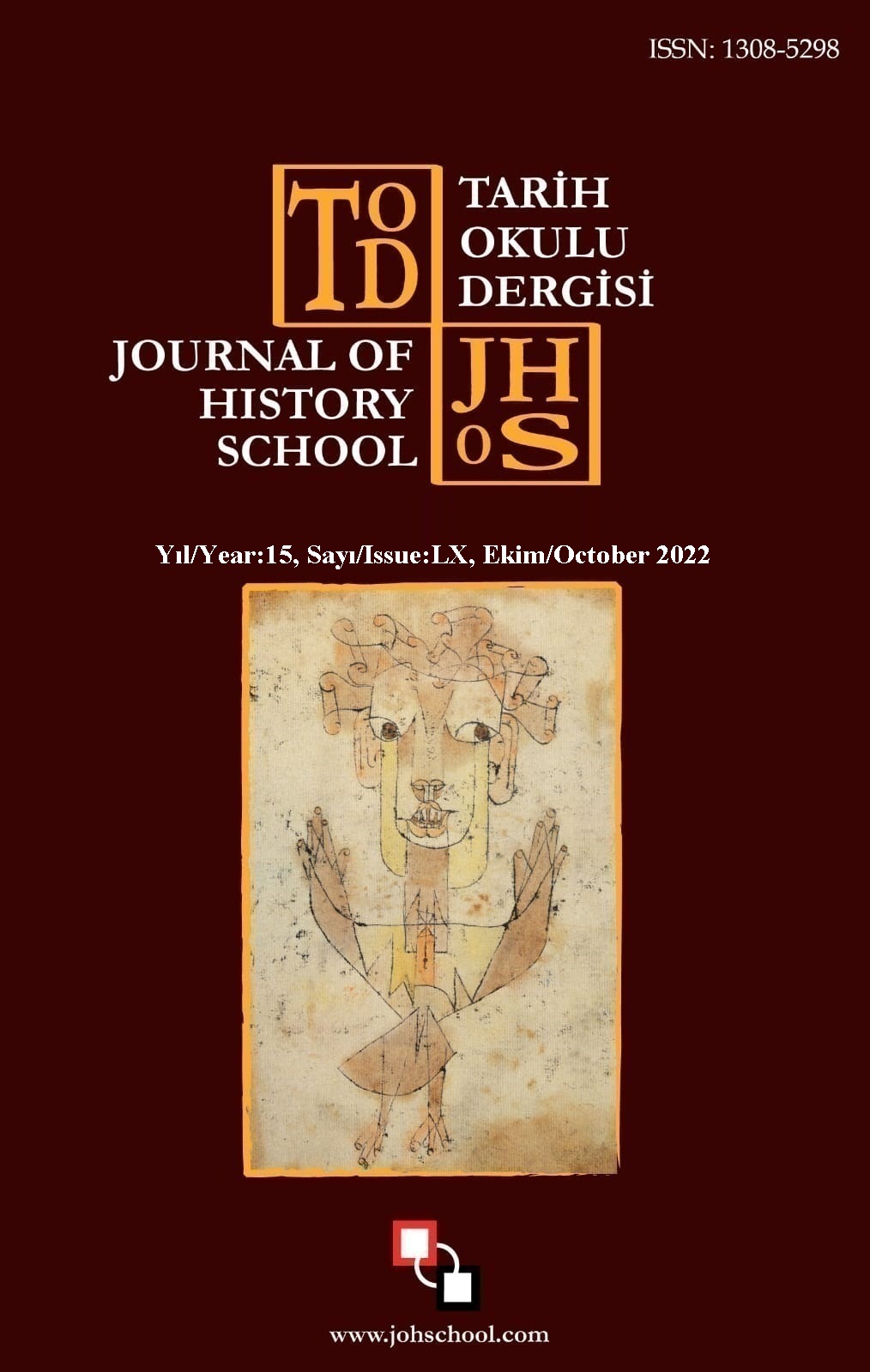DRAMA YÖNTEMİNİN OKUL ÖNCESİ ÖĞRETMEN ADAYLARININ ÇEVRE EĞİTİMİ DERSİ AKADEMİK BAŞARILARINA VE ÇEVREYE YÖNELİK TUTUMLARINA ETKİSİ
Author :
Abstract
Bu araştırmanın amacı drama yöntemi ile uygulanan ekolojik etki konusunun okul öncesi öğretmen adaylarının çevre dersi akademik başarılarına ve çevreye yönelik tutumlarına olan etkisini incelemektir. Çalışma ön test-son test kontrol gruplu deneysel desende yürütülmüştür. Çalışma grubunu, 2017-2018 eğitim-öğretim yılı bahar yarıyılında Muş Alparslan Üniversitesi Okul Öncesi Öğretmenliği birinci sınıfta öğrenim gören 42 öğretmen adayı (deney grubu (n=21), kontrol grubu (n=21)) oluşturmuştur. Uygulama “Çevre Eğitimi” dersinin konularından ‘ekolojik etki’ konusunda yapılmış ve toplamda 7 hafta sürmüştür. Verilerin toplanmasında; "Çevre Tutum Ölçeği" ve "Ekolojik Etki Başarı Testi" kullanılmıştır. Deney ve kontrol grubundaki öğretmen adaylarının verdikleri cevapların ön test ve son test değişimi açısından bir fark gösterip göstermediğini analiz etmek adına bağımlı t-testi, her iki gruptaki öğretmen adaylarının ön test ve son test açısından grup içi karşılaştırılmasında bağımsız t-testi kullanılmıştır. Ayrıca çalışmada etki büyüklüğü değeri (Cohen’s d) hesaplanarak bağımsız değişkenin bağımlı değişken üzerinde ne derece etkili olduğu belirlenmiştir. Araştırmada deney grubunda uygulanan ekolojik etki konusunda drama uygulamalarının çevreye yönelik tutumlarda anlamlı bir değişime sebep olmadığı, fakat çevre dersi akademik başarılarını anlamlı derecede artırdığı sonucuna ulaşılmıştır.
Keywords
Abstract
This study investigated the effect of the drama-based ecological impact topic on preservice preschool teachers’ academic achievement in the “environment” course and attitudes towards the environment. The study adopted a pretest-posttest control-group experimental design. The sample consisted of 42 first-year students from the department of preschool education of Muş Alparslan University in the spring semester of the 2017-2018 academic year. The sample was divided into experimental (n=21) and control (n=21) groups. The seven-week intervention was conducted within the scope of the “ecological impact” unit, which is a unit of the “Environmental Education” course. Data were collected using an Environmental Attitude Scale (EAS) and an Ecological Impact Achievement Test (EIAT). The pretest and posttest data were analyzed using a dependent t-test. An independent t-test was performed to compare the pretest and posttest scores of the experimental and control groups. Moreover, Cohen’s d (effect size) was calculated to determine the effect of the independent variable on the dependent variable. There was no significant difference in the mean posttest EAS scores between the experimental and control groups. However, the experimental group had a significantly higher mean EIAT score than the control group.





